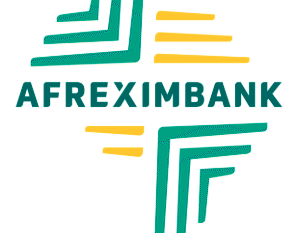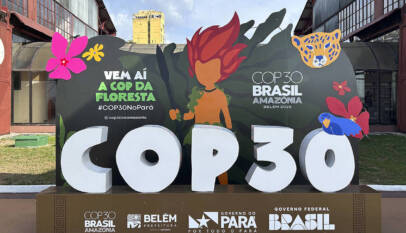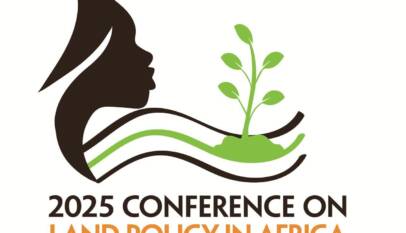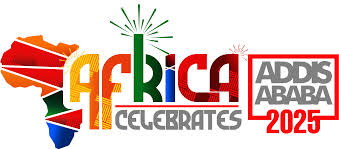INDEPTH | 2nd African Youth SDGs Summit: Moving from policy to action
Between November 7 and 9, over 1500 African youths from across the continent and beyond gathered in Accra, the Ghanaian capital for the 2018 edition of the African Youth SDGs Summit; a continental gathering of African youth aimed at mobilizing and inspiring active youth participation in the implementation of the SDGs.
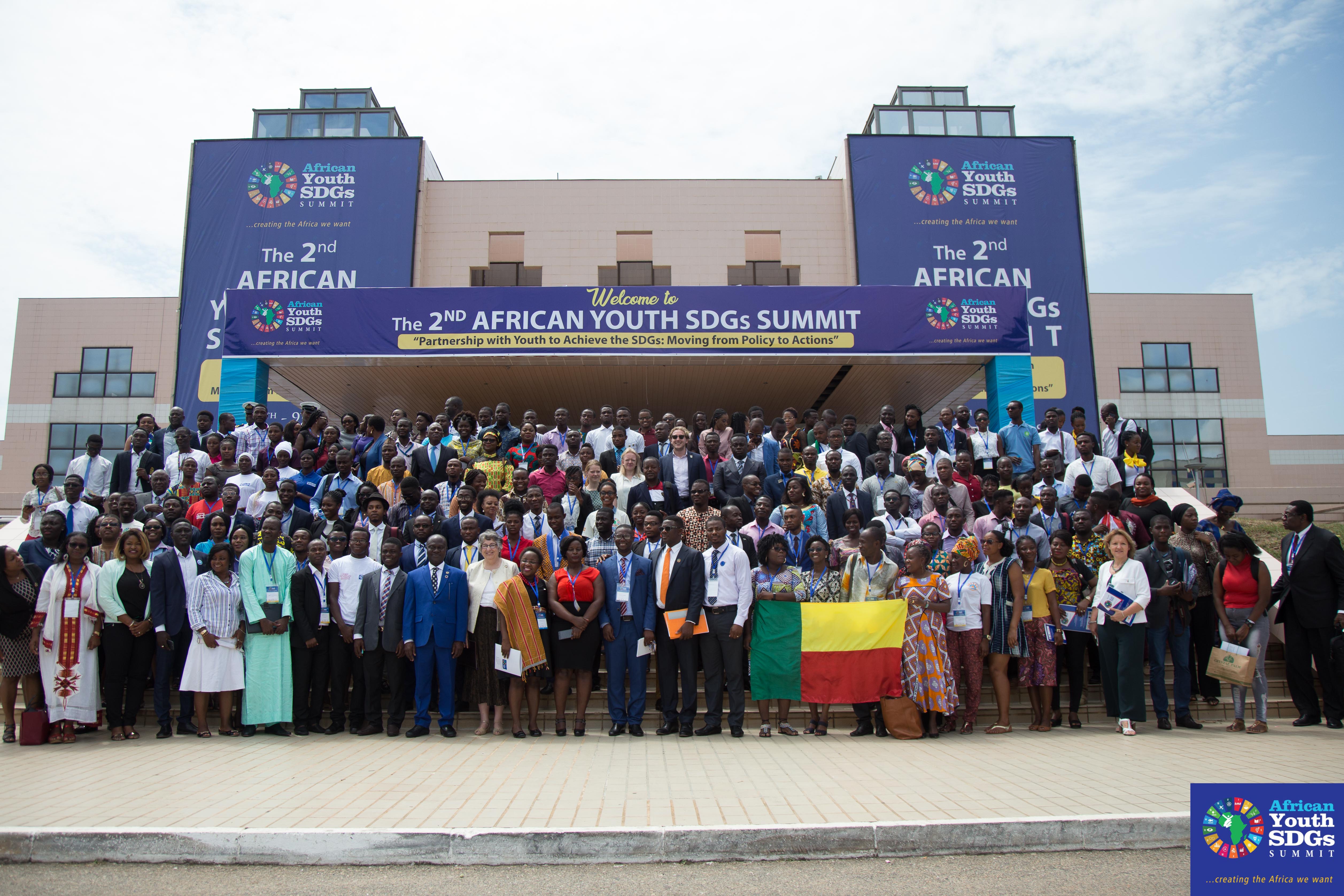
Now in its second year, the 2018 Summit themed: “Partnership with Youth to Achieve the SDGs: Moving from Policy to Actions” was co-hosted by Youth Advocates Ghana, the 2030 Youth Alliance and United Nations Population Fund (UNFPA) under the auspices of Ghana’s Ministry of Planning and the SDGs Advisory Unit at the Office of the President of Ghana, United Nations Development Programme (UNDP) and United Nations Children’s Fund (UNICEF).
The Summit which was keynoted by the President of the Republic of Ghana, His Excellency Nana Addo Dankwa Akuffo-Addo had as special guest of honour, Mabingue Ngom, UNFPA’s regional director for West and Central Africa, while Professor George Gyan-Baffour, Ghana’s Minister of Planning officially welcomed delegates to the Summit which was attended by delegates from across 43 countries including policymakers, representatives of UN and AU agencies, international NGOs and members of the organized private sector.
Amongst many other side events, the Summit featured peer learning workshops for young people, youth innovation fairs, Hackathons (open spaces for youth to create SDGs Solutions) as well as high level plenaries on resourcing youth development in Africa. There were also parliamentary and philanthropic forums, partners side events, exhibitions, as well as the African Youth SDGs Achievers Awards and cultural night at the close of the event.
While delivering the keynote address on behalf of the President of the Republic of Ghana, His Excellency Nana Addo Dankwa Akufo-Addo – who is also Co-Chair of UN Secretary General`s Eminent Group of Advocates on the SDGs – Head of the SDG Advisory Unit of the Office of the Ghanaian President, Dr. Eugene Owusu, said achieving the SDGs in Africa would require “extraordinary action by all sectors of society including the organized private sector, traditional institutions and of course, the youth.”
President Akufo-Addo described the SDGs as ‘investment in the future of our youth and children’ for which he said the Global Goals were ‘sacrosanct’ and for which reason their implementation must be done with a sense of urgency adding that his government was prioritizing issues such as the role of private sector in achieving the SDGs, identifying innovative financing mechanisms, data and innovation as well as unleashing the potential of women.
“Ten of the seventeen goals are focused on the youth; it is gratifying that African youth are claiming their [rightful] space in the SDGs agenda. Youth are at the forefront of transformative initiatives, changing and transforming lives and [by so doing] changing the continent in the process. We must [therefore] leverage the creativity, innovation, and fighting spirit of youth in achieving the SDGs. SDGs are indispensable; we must bring prosperity and dignity to our people, success is the greatest gift we can bequeath to the present and future generation,” said President Akufo-Addo.

Mabingue Ngom, UNFPA’s regional director for West and Central Africa and special guest at the Summit, said Africa’s ‘most precious resource’ was its predominantly youthful population adding that African youths would only prosper ‘if we invest in their education and health.’
“If we invest in their education and health, this investment will be the sine qua non for achieving the SDGs; there is no way we can achieve the SDGs if we don’t invest in youth. Youth from Sub Saharan Africa continue to battle with unwanted pregnancies and diseases and are vulnerable to dangerous migration and terrorism. This is because they are economically dependent; they either lack jobs or are underemployed which makes them susceptible to migration and terrorism,” said Ngom.
He blamed unemployment for youths’ involvement in violent conflicts such as the Boko Haram insurrection in the Lake Chad region; however, said African youths were also driving innovations in Science, Technology and Innovation (STI) and working to make governance more responsive and accountable. He therefore advocated the need “to harness the youths’ demographic dividends to spur innovation and unleash their full potential. Governments must invest in young people; engage youths in achieving the SDGs.”

In her remarks, the UN’s resident coordinator in Ghana, Ms Christine Evans-Klock, described the SDGs as a comprehensive roadmap for ending poverty, overcoming inequalities and living no one behind adding that since the goals were already in their third out of fifteen years, it was high time for focus on awareness and advocacy towards action and accountability for results.
“The SDGs are a comprehensive roadmap for ending poverty, overcoming inequalities, protecting the planet and living no one behind by ensuring prosperity, peace and access to justice for all. Achieving the SDGs requires partnership between countries, governments (at all levels); you must make governments accountable for the promises they made,” Evans-Klock told youth delegates at the Summit.
She said gender inequality was costing Africa billions of dollars annually noting that the SDGs were not only about leaving no one behind – irrespective of race, gender, ethnicity or religion – but also about ensuring adherence to rule of law, protection of human rights, access to justice for all and ending corruption hence the recent launch of the Youth2030 strategy by the Secretary General of the UN António Guterres – as a move to partner youths in achieving the goals and targets of the Global Goals.
“The Secretary General recently launched the Youth2030, which is a partnership with youths to achieve the SDGs including improving youths’ access to education and health, protecting youths’ human rights, supporting their civic engagement and effective inclusion in governance processes. The SDGs are about inclusion, inclusive development and leaving no one behind. I hope youths are working with the civil society, private sector, and faith groups towards the realization of the SDGs,” said Evans-Klock.
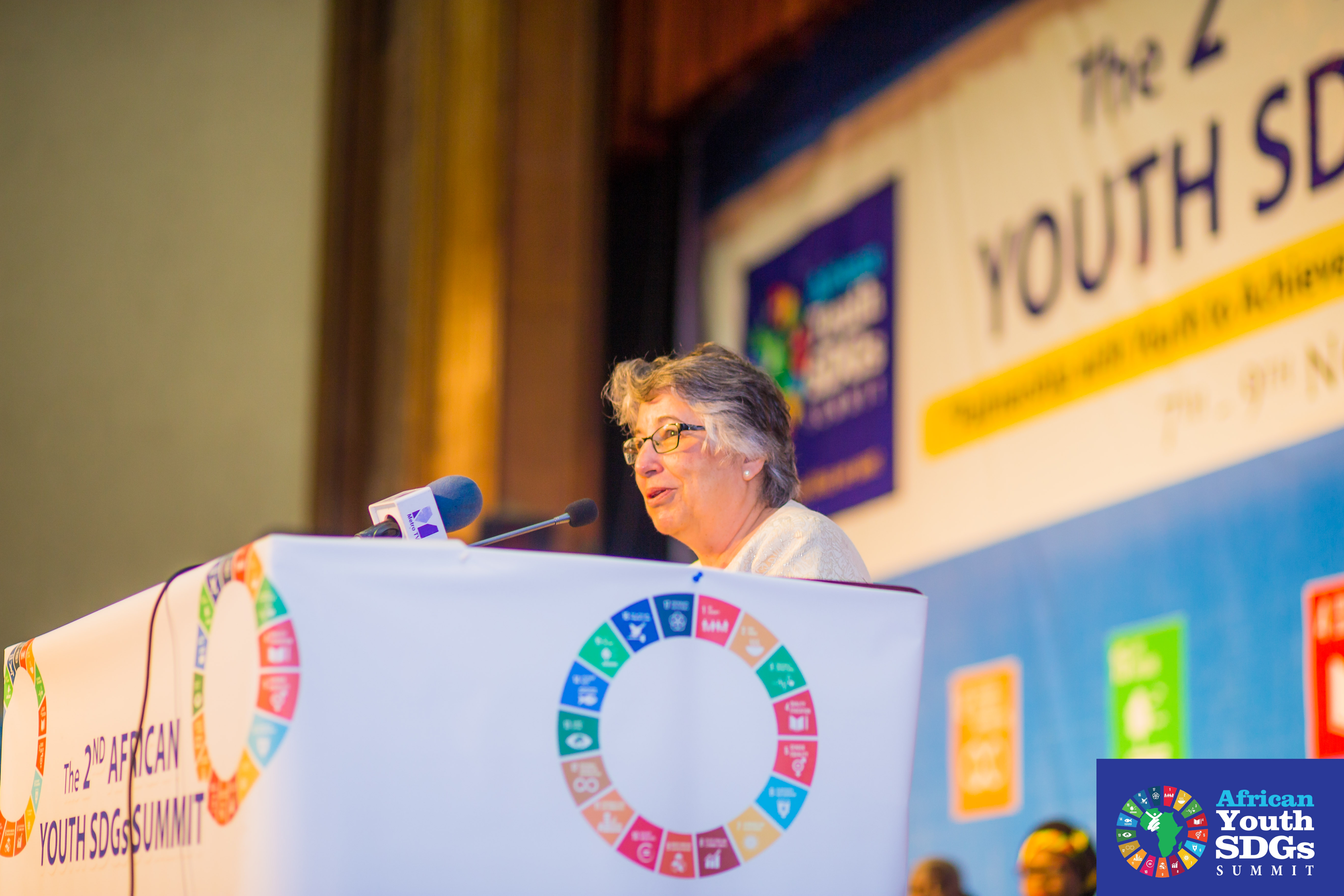
In a video message to the Summit, UN Secretary General’s Youth Envoy Ms Jayathma Wickramanayake, who is the global advocate for the needs and rights of young people and whose office was established “to bring the UN closer to young people and young people closer to the United Nations’ described the Summit as a ‘fantastic opportunity to reaffirm the perspective of Africa’s largest population and their role in achieving a better future for all of us and for future generation.”
Wickramanayake thus thanked youth delegates attending the Summit “for dedicating your time and effort to creating a platform for dialogue on youth inclusion and participation in Africa’s social, economic, and political system as well as supporting the mobilization towards achieving the SDGs…To achieve the SDGs, we must engage a generation of young people who know about the goals, care about their success and actually work towards their realization…young people have the energy, ingenuity and ambition to make to make the goals a reality.”
The Youth Envoy said just as the African Youth SDGs Summit’s major goal was that of utilizing the talent and ingenuity of Africa’s vibrant youth population, the UN’s recently launched United Nations Youth Strategy was also seeking “to ensure every young person is empowered to achieve their potential and [is] able to contribute positively as agents of change.”

Speaking on a new report on adolescent and youths in West and Central Africa by UNFPA, during the Summit’s first plenary session, Anandita Philipose, adolescents and youth programme specialist at UNFPA’s Dakar regional office said the health and wellbeing of Africa’s youths will determine whether or not SDGs will be achieved on the continent and decried the high levels of sexual violence against girls in West and Central Africa regions.
Much earlier on, in his opening statement, Emmanuel Ametepey, Convener of the African Youth SDGs Summit and Executive Director of Youth Advocates Ghana said Africa was at ‘the cross roads’ while the sheer numbers of its young people presented ‘a huge demographic potential if efficiently harnessed.’
“This potential requires a commitment of significant national resources to the education, safety, well-being and technological development of the youth of Africa, as this holds the key to the Continent’s economic, social, political and technological advancement. Our failure, and indeed the failure of our governments and continent to focus on and grow the youthful population of this continent into a productive force am afraid, will become a nightmare that Africa may never recover from,” said Ametepey
“In the next two decades, the world would have significantly transformed with respect to technology, social interaction, education and the application of science to everyday life. Africa’s ability or inability to advance from policy to action will incredibly leave the continent further decades behind the rest of the world. Fellow delegates, what we do with our time, resources and our sheer numbers will absolutely be the deciding factor where we shall stand as a people in the global system and space.”
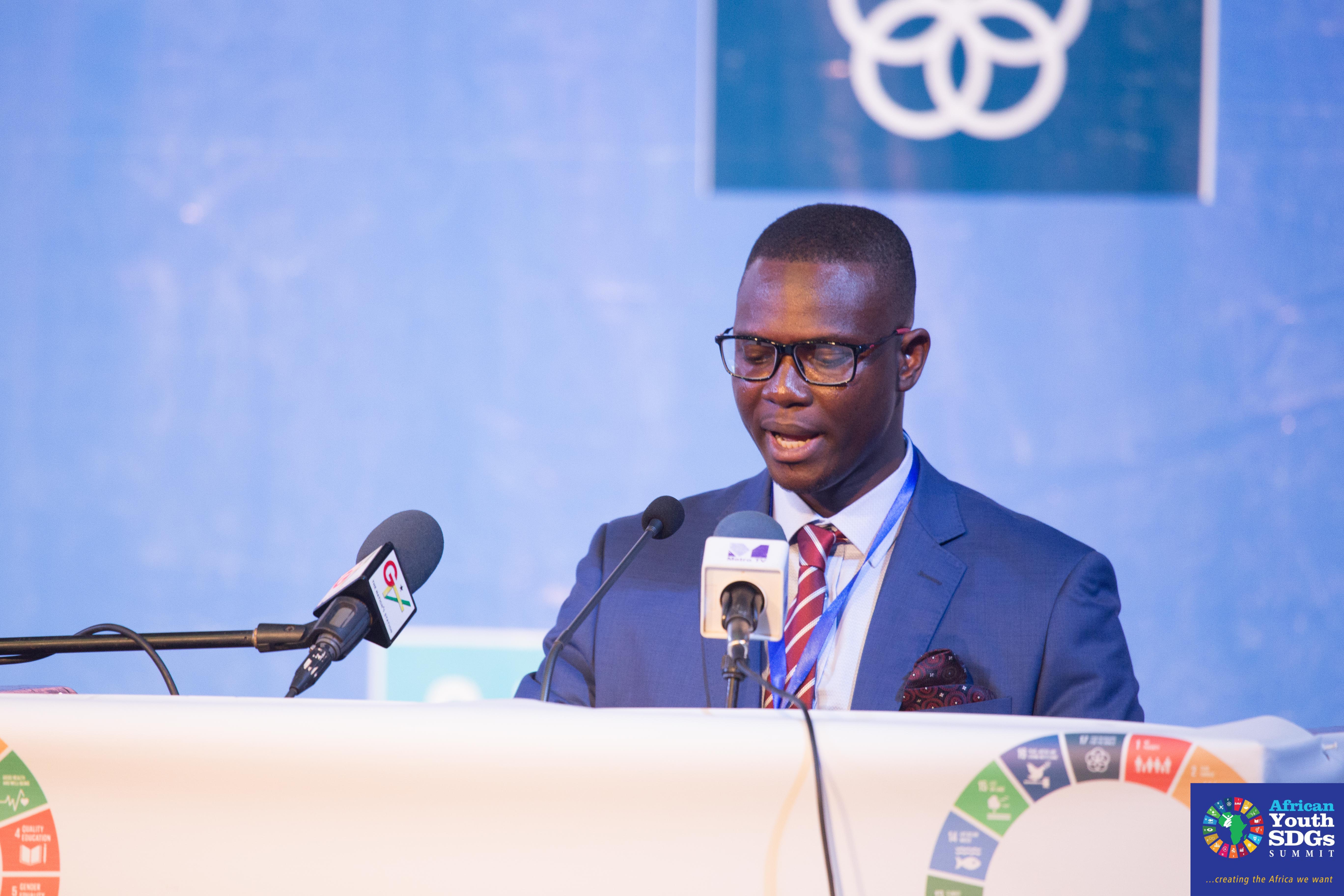
Youth delegates at the 2nd African Youth Summit, as contained in its political declaration, called on development partners in Africa to support ‘the capacity building of youth, youth networks and youth-led initiatives to strengthen youth activism and actions towards attainment of the Agenda 2030 and Agenda 2063’ and also support the Summit ‘as a rallying point of ideas, innovations, actions and accountability for and by young people of Africa both at the national and at the continental levels.’
The youth declaration also called on partners to provide technical and funding support to youth groups, networks, organizations and events focused on positively directing youth energies towards the attainment of national, regional, continental and global development targets as well as commit to the full implementation of programmes and policies aimed at increasing the meaningful participation of African youths in the design, implementation and evaluation of youth-focused frameworks such as the UN Youth Strategy and African Youth Charter.
The Summit also called on actors in Africa’s organized private sector to “create spaces for mentorship and capacity building for Africa to further build and develop post academic competencies and make the youth ready for the job market. Channel the corporate social responsibility actions towards supporting and advancing youth initiatives on the continent while empowering the youth to implement their innovative ideas and inventions.”
Moreover, the Summit’s declaration urged stakeholders in Africa’s private sector to adopt and implement environmentally-friendly programmes and projects including investment in recycling and rehabilitation of the environment; ensure reduction in pollution and emission of hazardous chemicals towards attaining the Sustainable Development Goals (SDGs) as well as guarantee the payment of taxes, royalties, dividends and compensations to government, local communities and people whose natural resources they exploited as part of their business operations.
“Commit to the fight against corruption by avoiding acts and practices that compromise on their [your] integrity and operations on the continent. Support African governments in the spirit of multi-stakeholder partnership in the implementation of the SDGs and the Agenda 2063. Invest in productive sectors of African economies including in education, transportation, industrialization, technology, social development,” the Summit urged Africa’s business community.
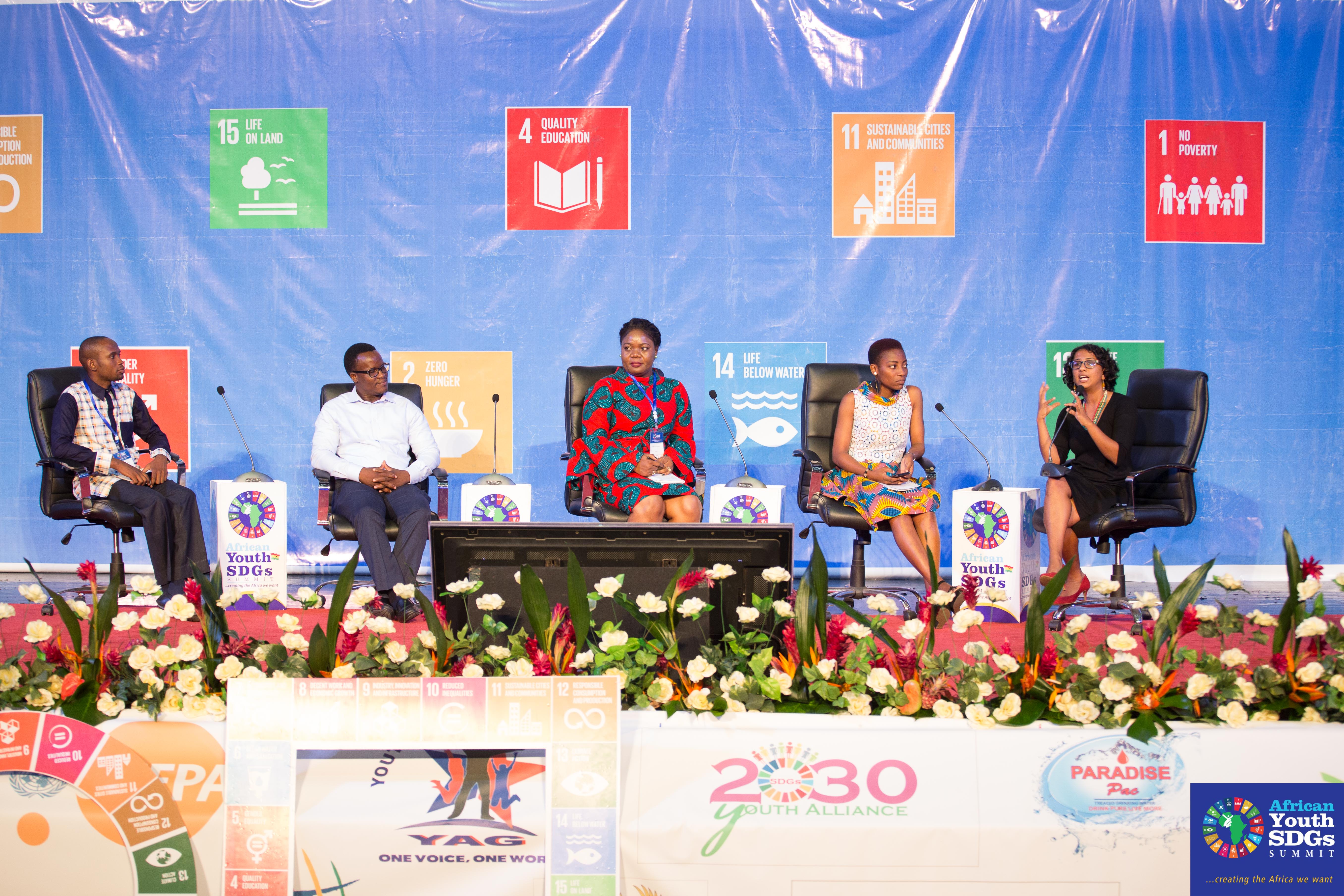
The declaration also urged all African youths to partner bodies such as the Youth Advocates Ghana (hosts of the Summit) and the 2030 Youth Alliance to ensure they got involved in the monitoring and evaluation of the implementation of the SDGs at different levels using the accompanying targets and indicators as well as work with youth-focused civic organizations to increase awareness and mobilize fellow youths to get involved in the implementation of SDGs through active participation of youths in the Voluntary National Reviews and the High level Political Forum on SDGs.
The declaration admonished African youths to “become actively engaged in the political, social, economic and institutional development processes of their respective countries, bring their ideas and views into development policies formulation, implementation, monitoring and evaluation at the local, national regional and continental level. Advocate jointly using diverse innovative means to hold duty-bearers accountable for the implementation of the SDGs.”
It further urged Africa’s youth to: “Develop and initiate innovative programmes and projects to drive the attainment of the various SDGs in their localities and countries. Become ambassadors of progressive actions towards the environment, peace, security and development of their communities. Hold your leaders accountable for the application of public resources for the common good of all.
“We invite African youths to lead by example by embodying the values of the SDGs and Agenda 2063 while working for the development of people, creating and maintaining partnerships, sustaining peace, protecting the planet and contributing to prosperity on the continent,” the Summit’s declaration concluded.






